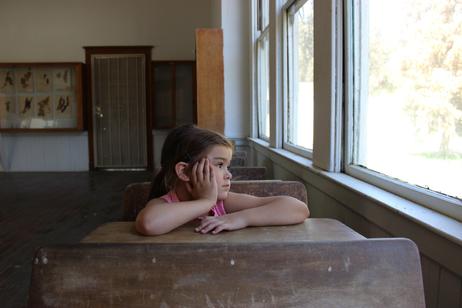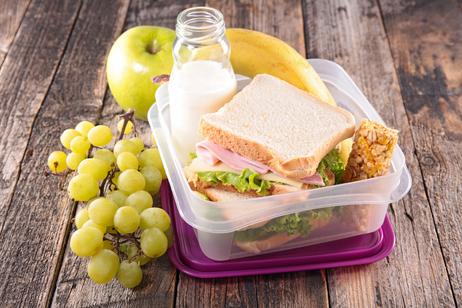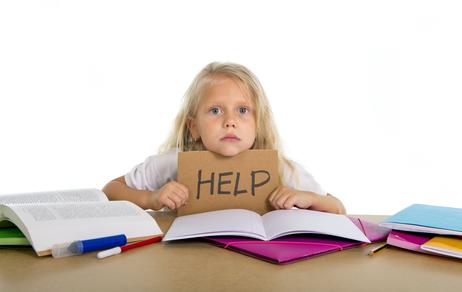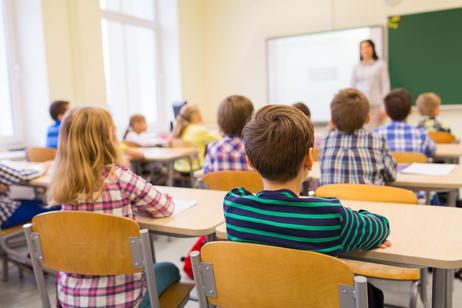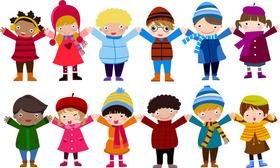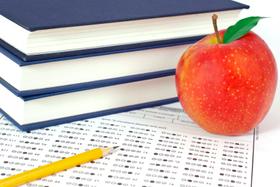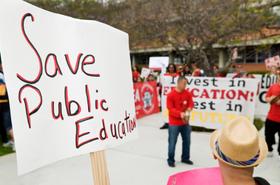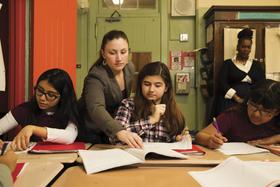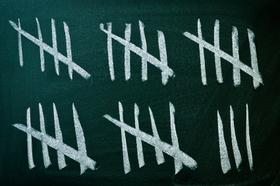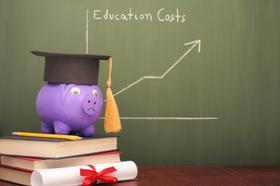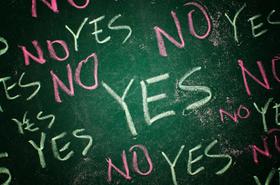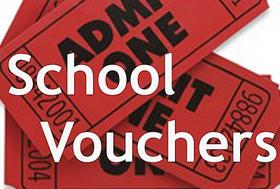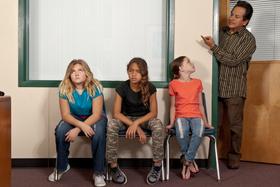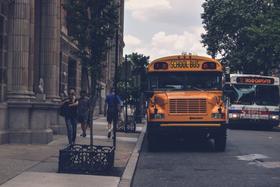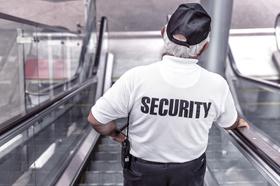Childhood experiences shape who we become as adults, for good and bad. The new Surgeon General of California is pushing for childhood trauma screening in students in the hopes of resolving some of the issues that might later lead to the development of physical and mental health problems.
The new Surgeon General of California is working to implement an unprecedented plan to implement universal screenings for childhood trauma in children benefiting from the state’s Medicaid program.
Dr. Nadine Burke Harris, the first person to hold the newly developed role of Surgeon General of California, is a pediatrician known for studying the harmful effects of adverse childhood experiences and toxic stress. The goal of the program is to identify children living with untreated childhood trauma so they can get the help they need and prevent harmful health effects from developing later in life.
Though Harris has already taken several steps toward implementing this plan, there are those who question its cost. Read on to learn more about the program and to explore the subject of childhood trauma in greater depth.
What Constitutes Childhood Trauma?
According to the American Psychological Association (APA), a traumatic event is one that threatens injury, death, or the physical integrity of self or others and also causes horror, terror, or helplessness at the time it occurs. Examples may include sexual abuse, physical abuse, school or community violence, domestic violence, accidents, medical trauma, national or manmade disasters, and traumatic loss.
The

